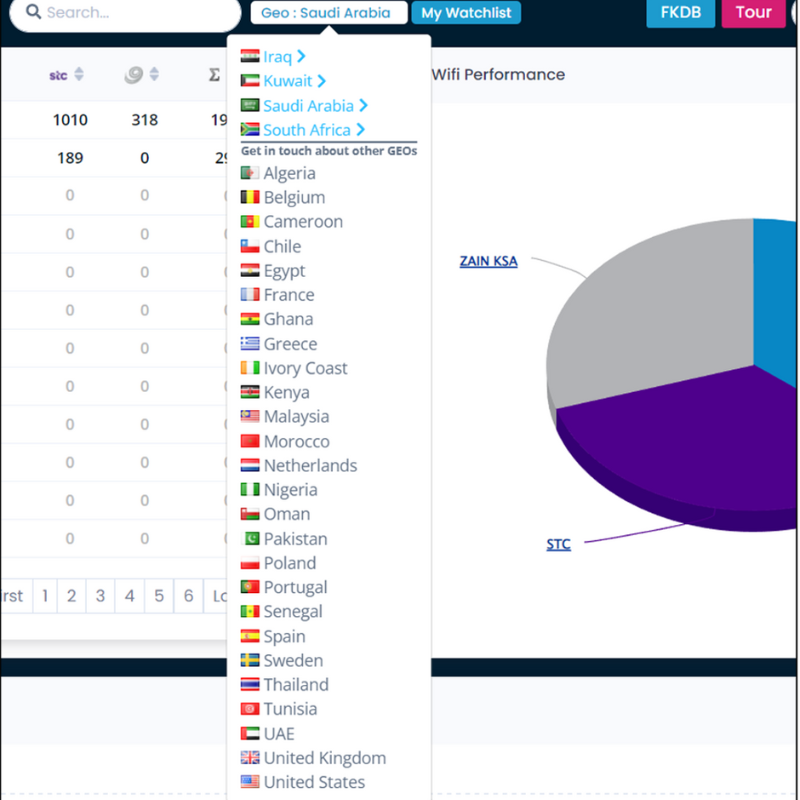And Protecting Your Brand and Bottom Line
This article tackles a critical issue in the mobile value-added services (mVAS) industry: protecting children from inappropriate content. Pornographic services and age-restricted offerings like iGaming pose a significant risk, requiring a proactive approach from all stakeholders in the mVAS and DCB value chain – mobile network operators, payment aggregators, content providers, and advertisers.
It goes without saying that protecting children from inappropriate content should be a priority for all of us. Sadly, many young people report that it’s unavoidable, contributing to the normalisation and desensitisation of pornography and harmful content. However, as well as the potential impact on our younger generation’s mental health and wellbeing, failing to implement safeguards exposes the mVAS/DCB sector to several risks:
- Complaints and reputational damage: Parents rightfully object to their children being exposed to inappropriate content. This can lead to complaints and damage your brand image, and erode trust in the industry overall.
- Regulatory scrutiny: Regulatory bodies worldwide are increasingly focused on child online safety. Non-compliance can result in hefty fines and even market shutdowns.
- Wasted resources: Children who see ads for irrelevant services are not your customers. This translates to wasted advertising spend, higher customer acquisition costs and low customer lifetime value.
The Challenge: Reaching the Right Audience
Traditionally, mVAS players rely on advertising channels like search engines, social media, publisher websites and apps to reach their adult audience. However, existing controls on these platforms aren’t always foolproof, leading to accidental exposure of children to unsuitable ads.
Regulatory Steps Forward
The UK’s recent move is a positive development. Ofcom, the national regulatory body, published its draft Children’s Safety Codes of Practice this month, as part of the Online Safety Act. These codes require tech firms to implement stricter age verification, content moderation, and algorithmic adjustments to minimise the recommendation of harmful content.
This is welcome news and may serve as a valuable blueprint for other countries. Regulatory bodies worldwide are likely to follow suit, making child online safety a global imperative.
However, while codes of practice are enforceable, they are not failsafe and depend on sufficient deterrents and the cooperation of tech giants to be effective. Non-compliance can have serious financial repercussions for the platforms, but they are also borne by advertisers, especially if ads intended for adults inadvertently reach children. As well as sizeable fines, this can harm the integrity and reputation of the mVAS sector and jeopardise consumer trust.
Taking Action: The Federated Kids Database
MCP Insight recognised the need for additional safeguards several years ago. Our Federated Kids Database (FKDB) is a proactive solution designed to protect children and optimise advertising campaigns.
The FKDB provides a continuously audited list of iOS and Android apps, YouTube channels and videos, and kids’ sites specifically targeted at children. By excluding these domains from advertising campaigns, content service providers can ensure their ads reach the intended audience, reducing the risk of complaints and protecting children.
Our FKDB team compile and audit the database monthly, reviewing each domain against set criteria to determine whether it is aimed at children and if the app/site is live. Clients receive a monthly update so they can add new domains to block/exclusion lists in their target markets.
As with any preventative controls, a layered approach is recommended. Once Ofcom’s Code of Practice is approved by UK Parliament, coupled with initiatives like FKDB, the likelihood of children accidentally encountering ads for inappropriate premium content services is reduced. For those in the UK mVAS sector, this strategy also ensures that advertising budgets are directed toward areas with the highest potential for conversion.
Globally, other regulatory bodies are also likely to implement similar legislation, which will further protect children as well as helping advertisers avoid inadvertent non-compliance. MCP’s Federated Kids Database is available worldwide, so our international clients can protect children in their markets from inappropriate ads and protect their brand and advertising spend too.
To learn more about how we can help you minimise the risk of non-compliance, and the financial repercussions of complaints and fines, request a call back here.

















































































